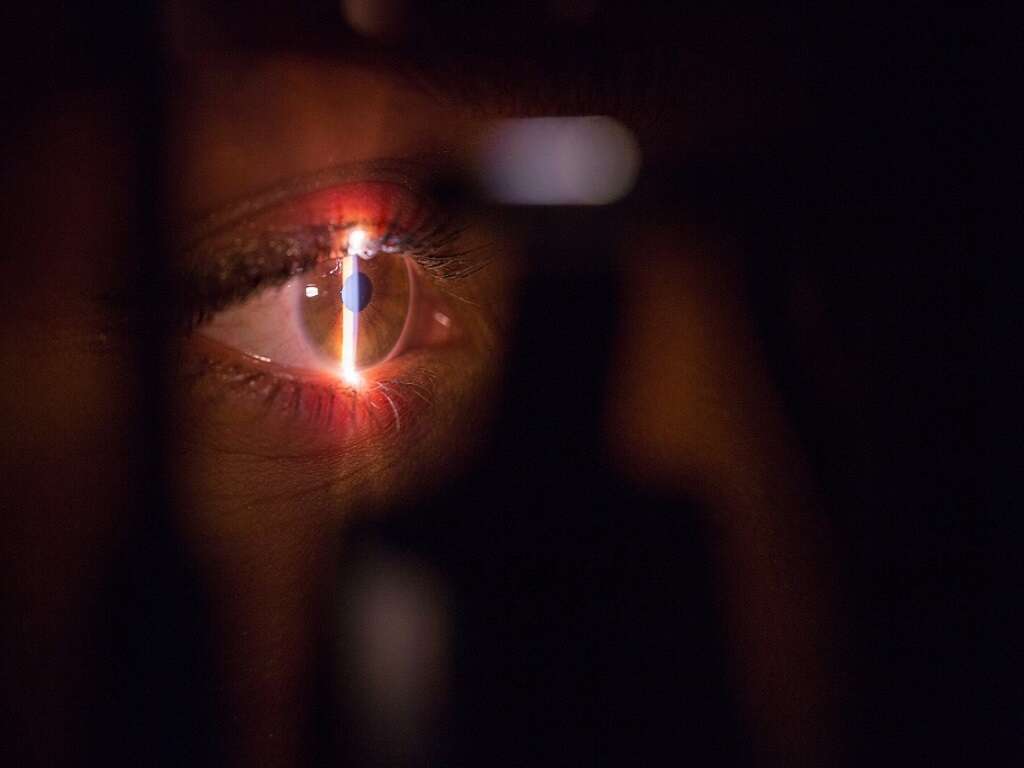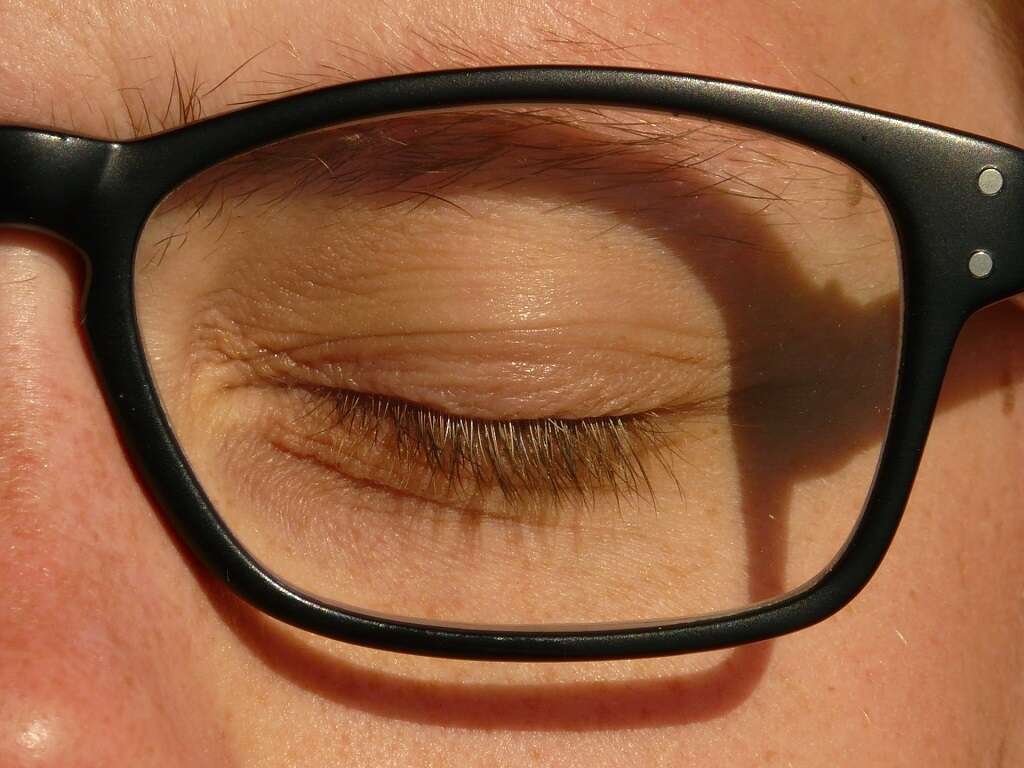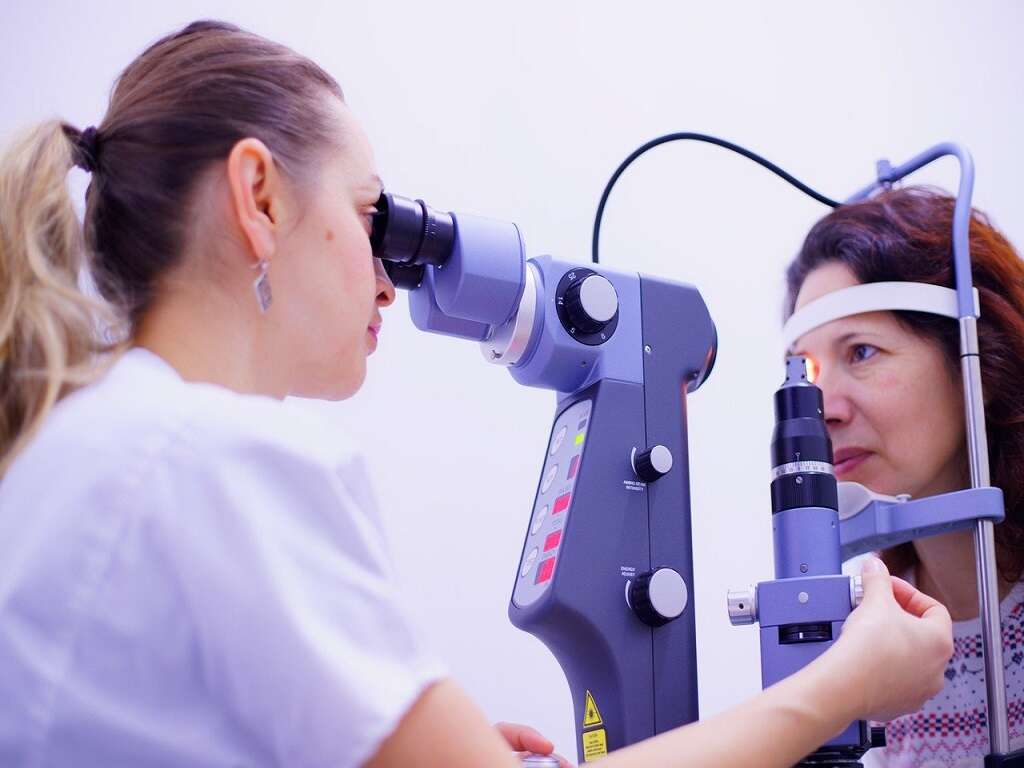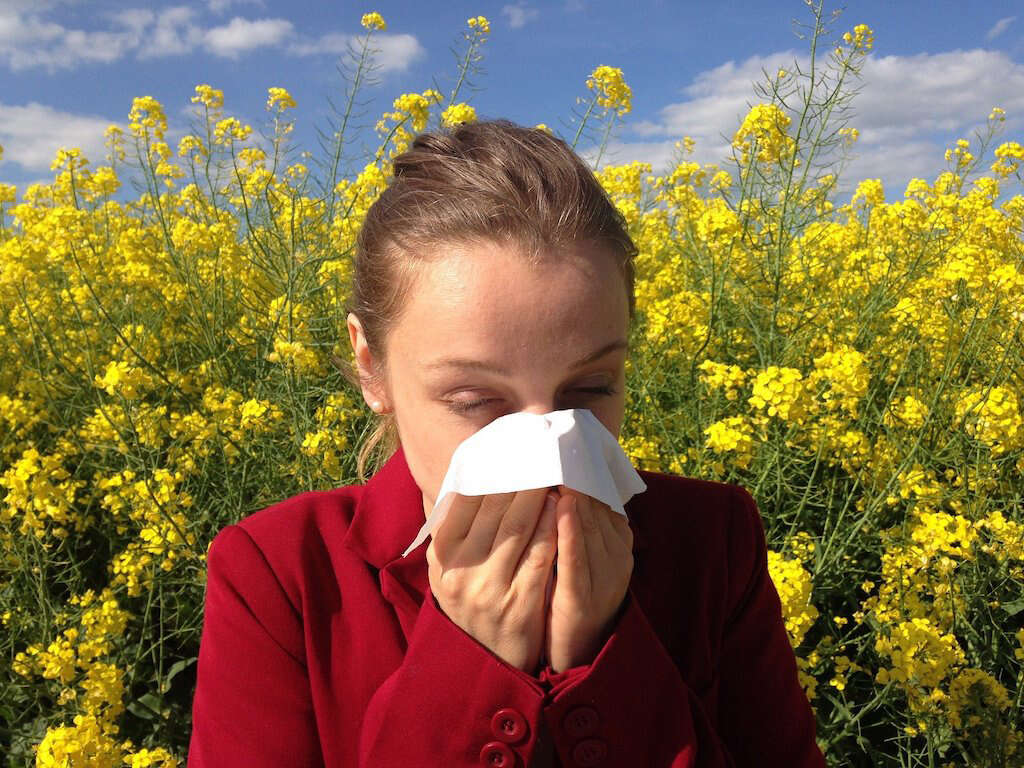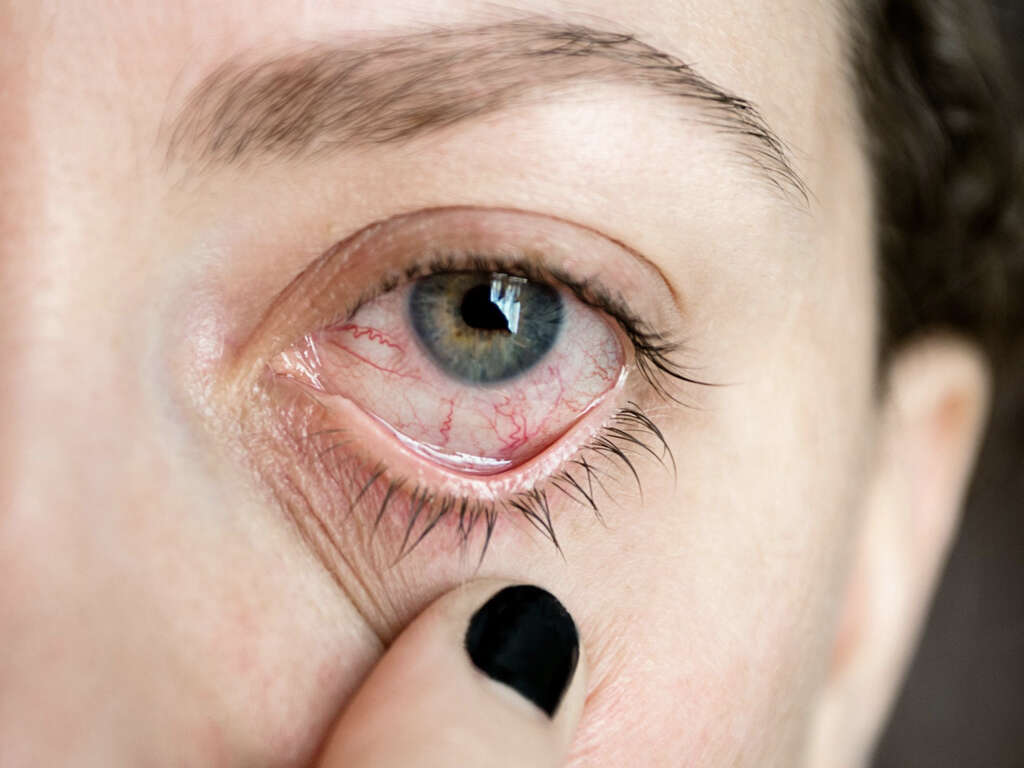What Causes Bloodshot Eyes?
The term “bloodshot eyes” is used to describe eyes that appear red. It is a very common issue and while it may appear alarming, it is rarely due to a serious condition. Bloodshot eyes usually occur when the blood vessels in the surface of the eye become swollen or dilated. It can be caused by an infection, injury, illness, or various other causes.
Generally harmless, it responds well to home remedies and over-the-counter treatments. However, the presence of pain, headaches, blurry vision, and light sensitivity should prompt the patient to seek medical attention. In some cases, a proper diagnosis and prescription medication may be required. This article only highlights some of the common causes for bloodshot eyes. It is always best to check with a medical professional if symptoms persists.

1. Eye Strain
Eye strain, or asthenopia, occurs when you are concentrating on a task that requires constant focus from the eyes. Continuously focusing on a computer screen, phone, or book causes tightening of the ciliary muscles. This results in discomfort and irritation. Patients with eye strain may have bloodshot eyes, pain around or in the eyes, headaches, blurry vision, fatigue, and double vision.
Due to advancing technology, eye strain is becoming increasingly common. Treatment is generally not required. However, it can be prevented by allowing the eyes to focus on distant objects at least once an hour. As the activity continues, the eye strain may worsen as there is a buildup of fatigue in the eye muscles.

2. Conjunctivitis
Conjunctivitis, or “pink eye,” is a condition where the clear layer coating the front part of the eye becomes inflamed. This condition is known as pink eye as it causes bloodshot or red eyes. Other symptoms include light sensitivity, blurry vision, excessive tearing, itching, burning, and pain.
Conjunctivitis can occur due to a bacterial infection, viral infection, allergies, and exposure to irritants such as chemical fumes or smoke. Infectious (bacterial and viral) conjunctivitis is highly contagious and spreads through contaminated fingers. Although conjunctivitis is usually mild and most cases are self-limiting, a visit to the doctor may be necessary if it is bacterial conjunctivitis as a prescription of antibiotic eye drops may be required.

3. Subconjunctival Hemorrhage
Subconjunctival hemorrhage is another common reason for bloodshot eyes. This occurs when a blood vessel in the eye bursts causing bleeding into the tissues of the eyes. It may happen when there is heavy sneezing, coughing, straining, injury, severe hypertension, coagulation disorder, and vomiting.
Although it may appear very alarming due to the bright red appearance in the affected eye, most cases do not require treatment and resolve on their own within a few weeks. Just like a bruise, the color may progress from bright red to a yellowish green color before fading completely. Besides bloodshot eyes, patients may also experience a scratchy or rough sensation in the eye. Treatment is generally unnecessary unless it is complicated by an eye infection or there is presence of trauma. Artificial tears may help alleviate discomfort in the eye.
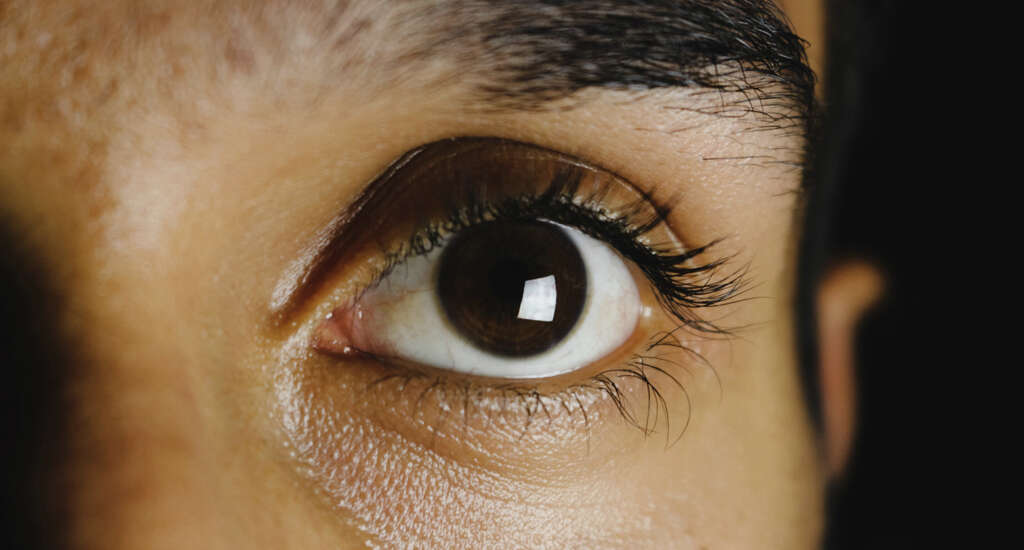
4. Glaucoma
Glaucoma is a group of eye disorders where optic nerve damage results in vision loss. It is known as the “silent thief of sight.” It can be divided into open angle, closed angle, and normal tension glaucoma. Open angle glaucoma is the commonest type. The patient is generally unaware as there is no pain and loss of vision develops gradually.
Closed angle glaucoma is considered a medical emergency. Symptoms include severe pain in the eye, bloodshot or red eye, blurry vision, nausea, and vomiting. Early treatment helps to slow or stop the progression of the disease. It often involves the use of medication, laser therapy, or surgery. It is estimated that an estimated 67 million individuals are affected worldwide. Globally, it is the second leading cause of blindness after cataracts.

5. Dry Eye Syndrome
Dry eye syndrome, or keratoconjunctivitis sicca, occurs when there is inadequate tear production or rapid evaporation of tears. This causes easily tired eyes, irritation, red (bloodshot) eyes, blurry vision, and discharge. Some patients may have scarring of the cornea without treatment.
Dry eye syndrome can be due to vitamin A deficiency, contact lens use, allergies, pregnancy, meibomian gland dysfunction, hormone replacement therapy, and side effects of medications such as antihistamines, antidepressants, and antihypertensives. Treatment depends on the underlying cause. Patients are usually given artificial tears as the first line of treatment. Other options include wrap around glasses to decrease tear evaporation, changing medications that cause dry eyes, steroid eye drops, ciclosporin eye drops, and lacrimal plugs.
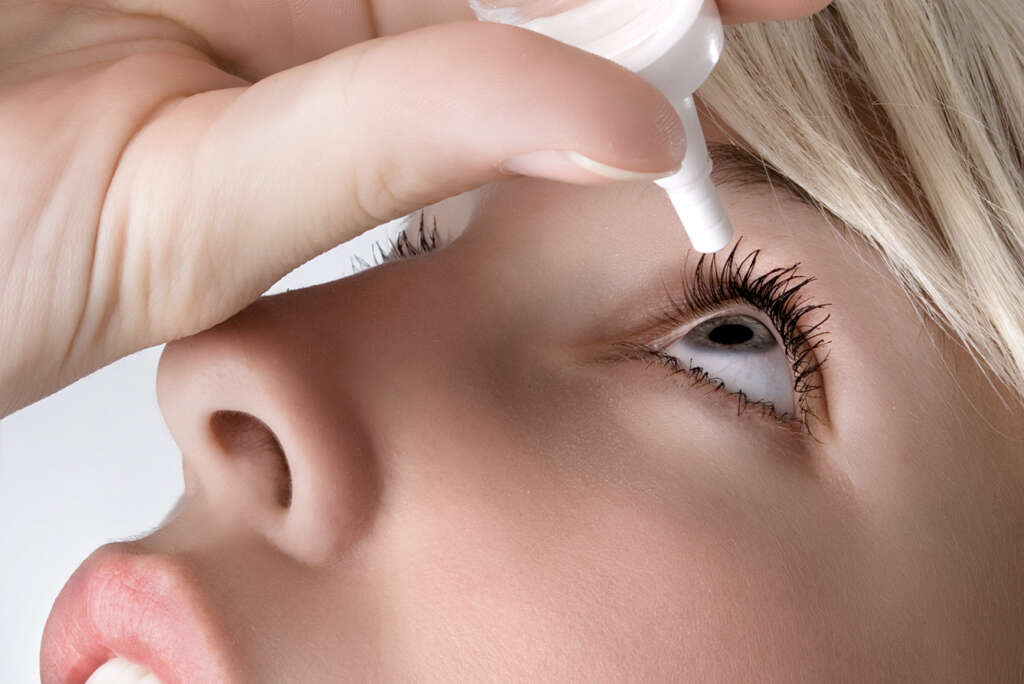
6. Blepharitis
Blepharitis is one of the commonest conditions that affect the eyes. Symptoms include bloodshot eyes, crusting of the eyelid, itching, burning, light sensitivity, blurry vision, and a gritty sensation.
Blepharitis occurs due to the inflammation caused by bacteria in the congested meibomian oil glands. These glands are located at the base of each eyelash. Other conditions that may cause blepharitis are staphylococcal dermatitis, herpes simplex dermatitis, contact dermatitis, rosacea, molluscum contagiosum, and more. Diagnosis can be achieved via an examination under a slit lamp. Other beneficial investigations include a culture of the debris collected from the eye. Blepharitis can be treated by washing of the eyelid, eyelid scrubs, warm compresses, eyelid massages, topical antibiotics, and topical steroids. A low dose of oral antibiotics may be prescribed.
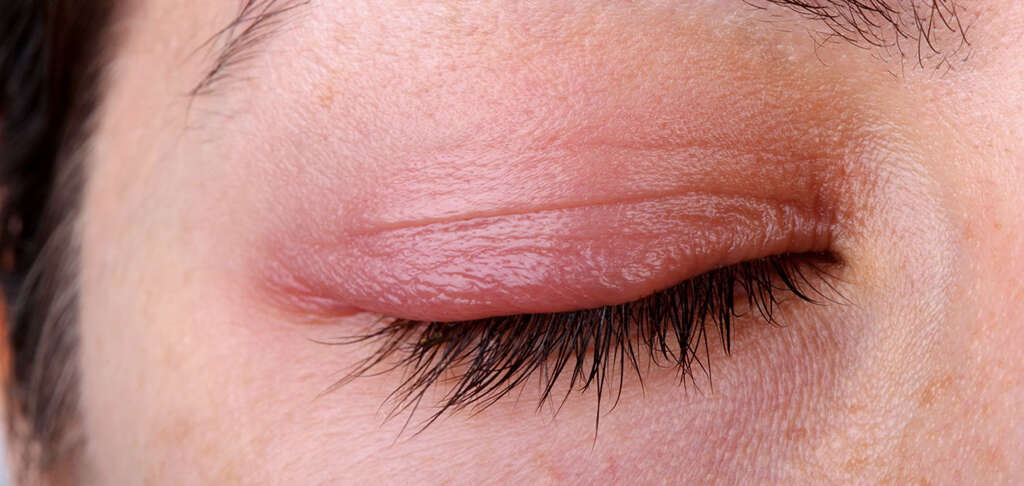
7. Uveitis
Uveitis refers to the inflammation of the uvea. The uvea comprises of the choroid, iris, and ciliary body. It is a medical emergency that requires a thorough examination by a professional. Urgent treatment is also necessary to control the inflammation. Uveitis can be categorized into anterior, intermediate, and posterior uveitis.
Symptoms include bloodshot eyes, burning, blurry vision, light sensitivity, headaches, floaters, and flashing lights. Uveitis may be associated with other conditions such as Crohn’s disease, sarcoidosis, spondyloarthritis, rheumatoid arthritis, tuberculosis, leptospirosis, and syphilis. Uveitis is usually treated using glucocorticoid steroids orally or as topical eye drops. Topical cycloplegics and antimetabolites may also be prescribed.

8. Corneal Ulcer
Corneal ulcer is a condition where there is disruption of the cornea. An ulcer can be likened to an open sore on the eye. This means that patients often present with severe pain, loss of vision, bloodshot eyes, light sensitivity, and excessive tearing. It is common among those who reside in the tropics.
Children with vitamin A deficiency also have a higher risk of corneal ulcer, which can result in blindness. Diagnosis involves an examination of the eye after the application of fluorescein stain under a slit lamp. Treatment depends on the underlying cause of the ulcer. Antibiotic therapy is prescribed for bacterial corneal ulcers, topical antifungals for fungal causes, and topical acyclovir for viral causes. Supportive care such as pain medication and topical cycloplegics are also helpful. Vitamin A supplementation is recommended for corneal ulcers due to nutrient deficiency .
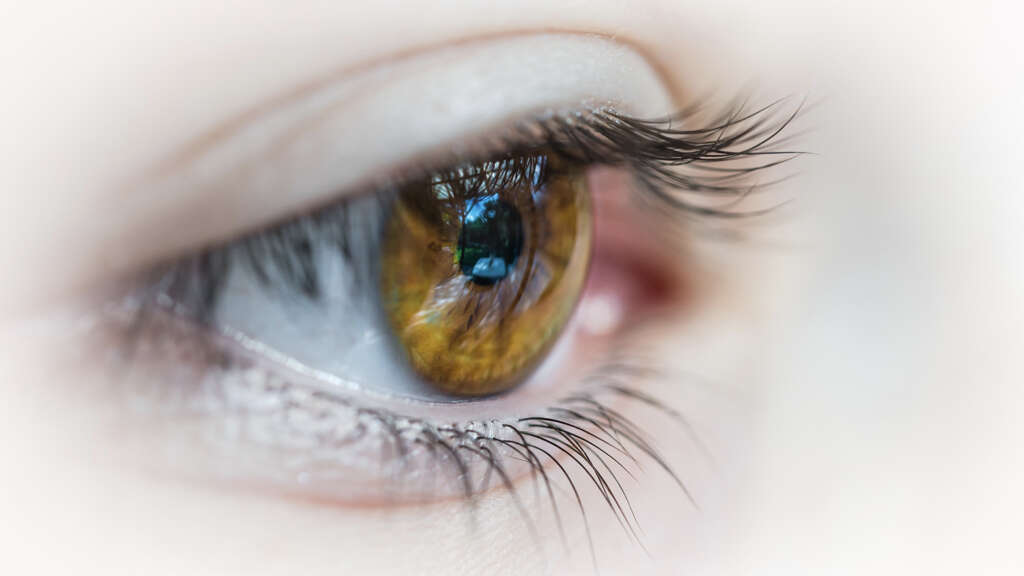
9. Lifestyle
Lifestyle choices may also cause bloodshot eyes. For example, red bloodshot eyes can sometimes occur in those who wear contact lens. It may be due to wearing the contact lens for an excessive duration, defective lenses, allergic reaction to the contact lens solution, or a reaction to the presence of toxins created by bacteria.
Another example would be those who use eye whitening drops that are often used to reduce eye redness. Long-term use of these eyedrops can result in “rebound dilation,” causing the eyes to look even more bloodshot. Other lifestyle factors such as smoking, alcohol consumption, and inadequate sleep are all unhealthy lifestyle choices that can also cause bloodshot eyes. Those who swim may also have this issue as the chlorine used in the pools often causes some irritation resulting in red eyes.
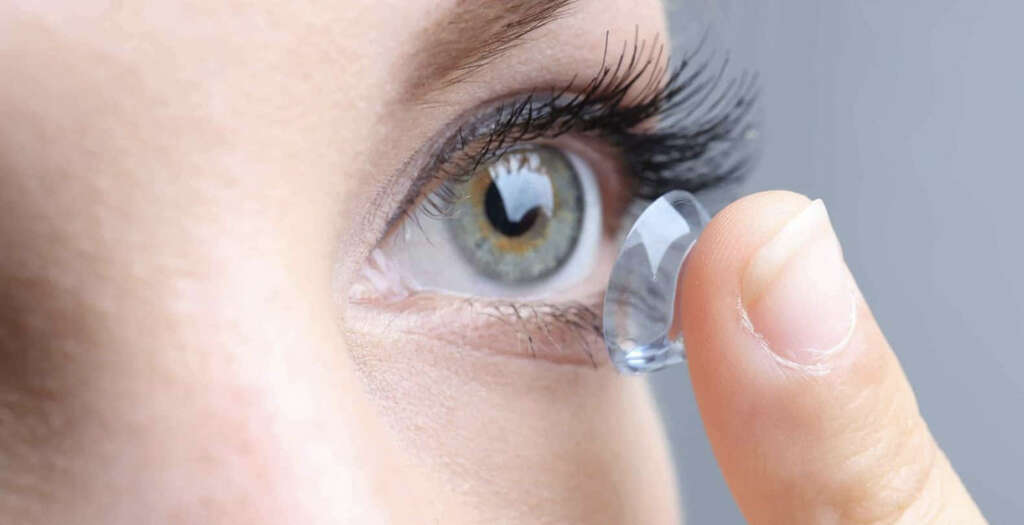
10. Patient Education
Some home remedies that may help with bloodshot eyes include artificial tears, antihistamine eye drops, steroid eye drops, and placement of cool compresses. These eyedrops should be available over the counter. Some causes of bloodshot eyes can be prevented by avoiding triggers (such as pet dander, allergens, smoke, and fumes) and by practicing good hand hygiene. Seek professional opinion if the symptoms persists more than a week.
Those who have a yellowish or greenish discharge, experience sensitivity to light, fever, pain around or in the eyes, or symptoms that persists more than a week should see a doctor as prescription medication may be required. Bloodshot eyes due to an injury or trauma should be evaluated by a medical professional to ensure that vision is not permanently affected.





